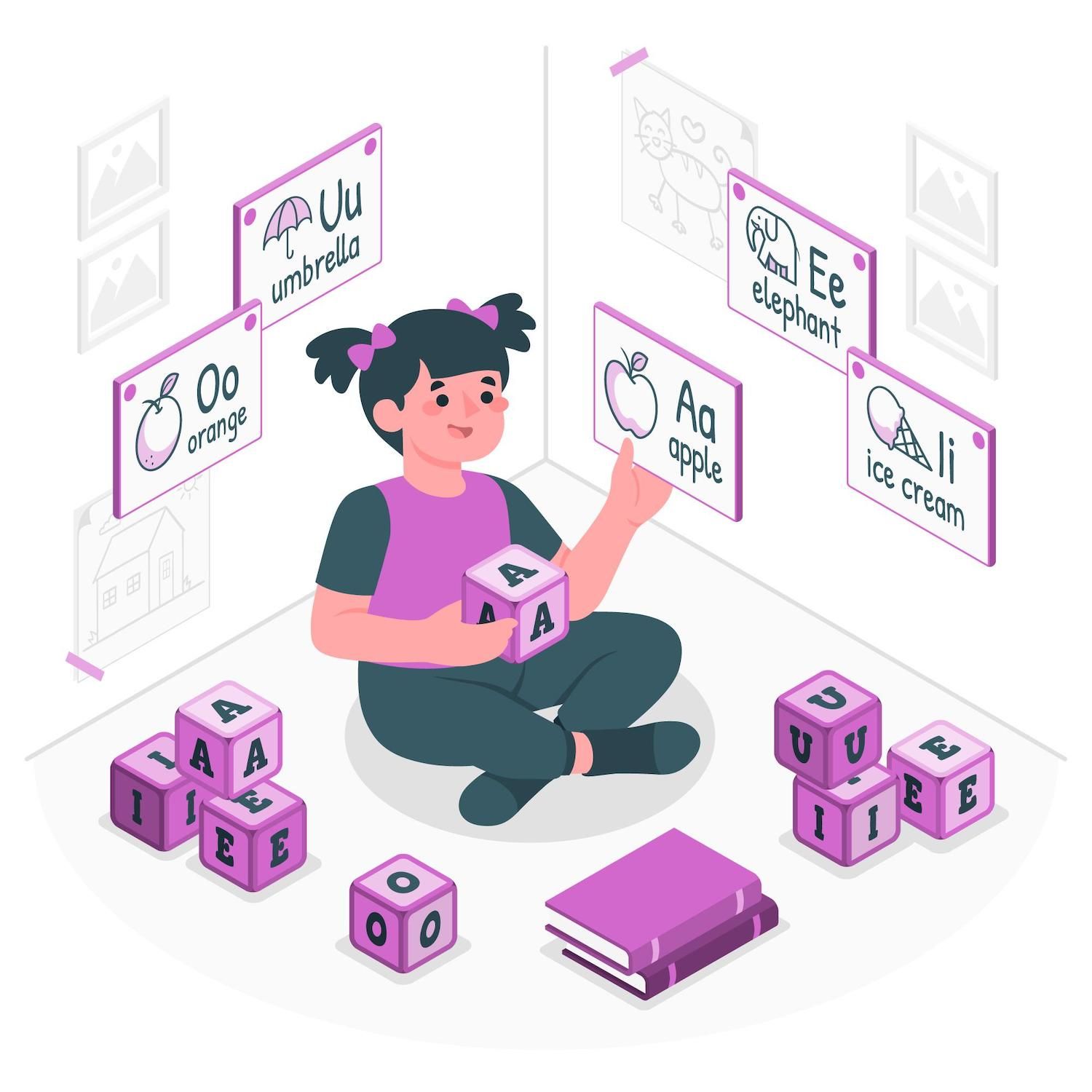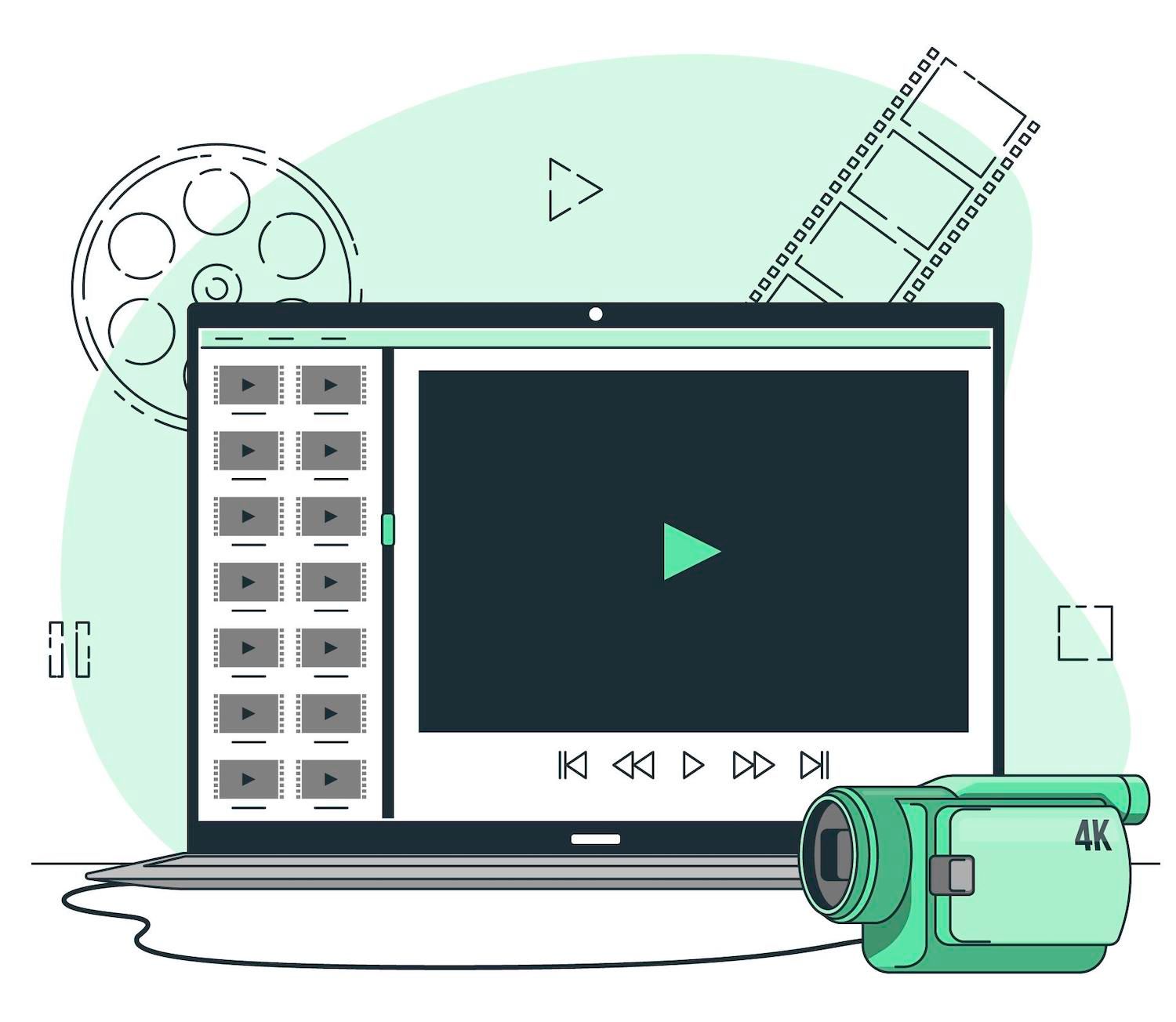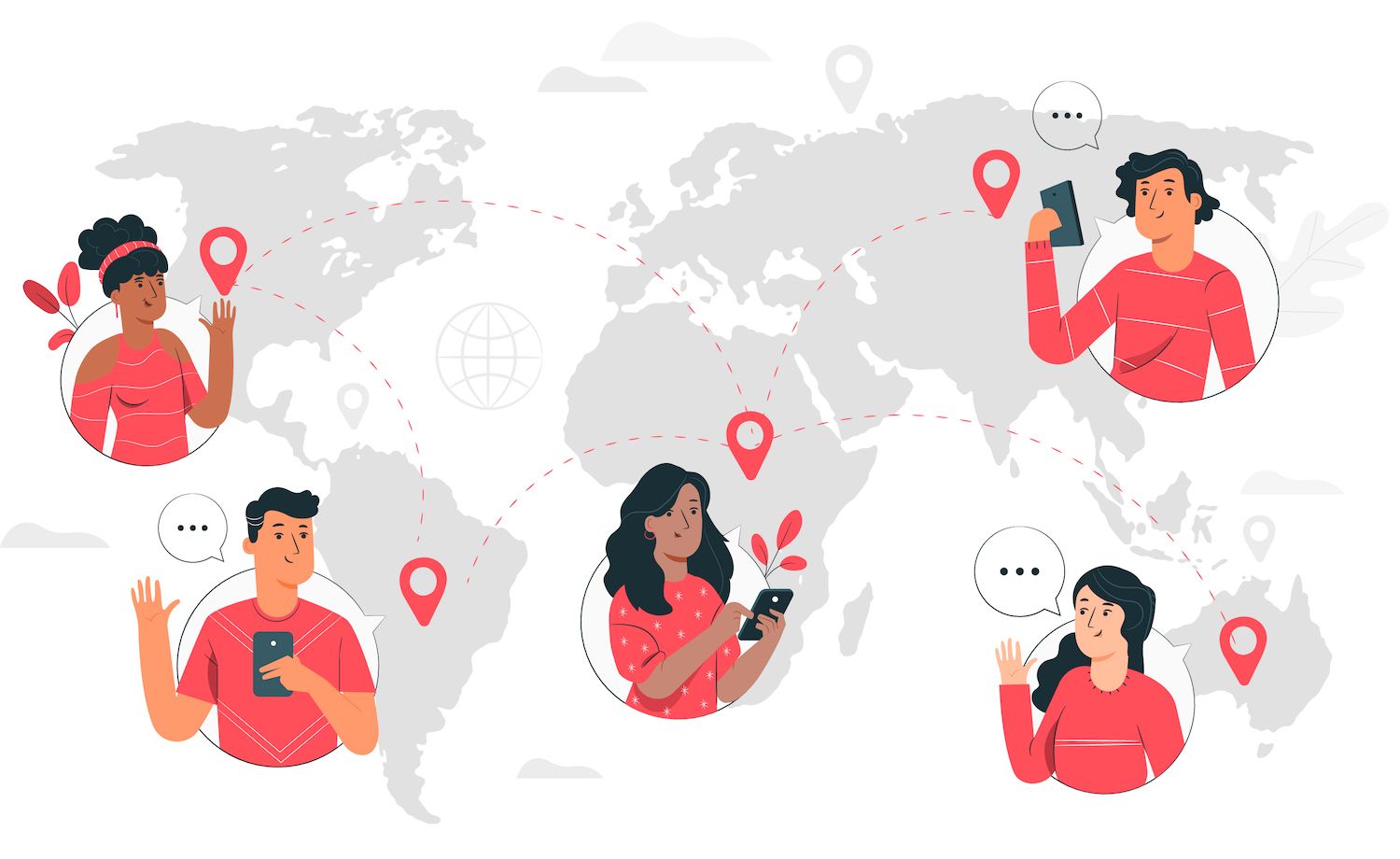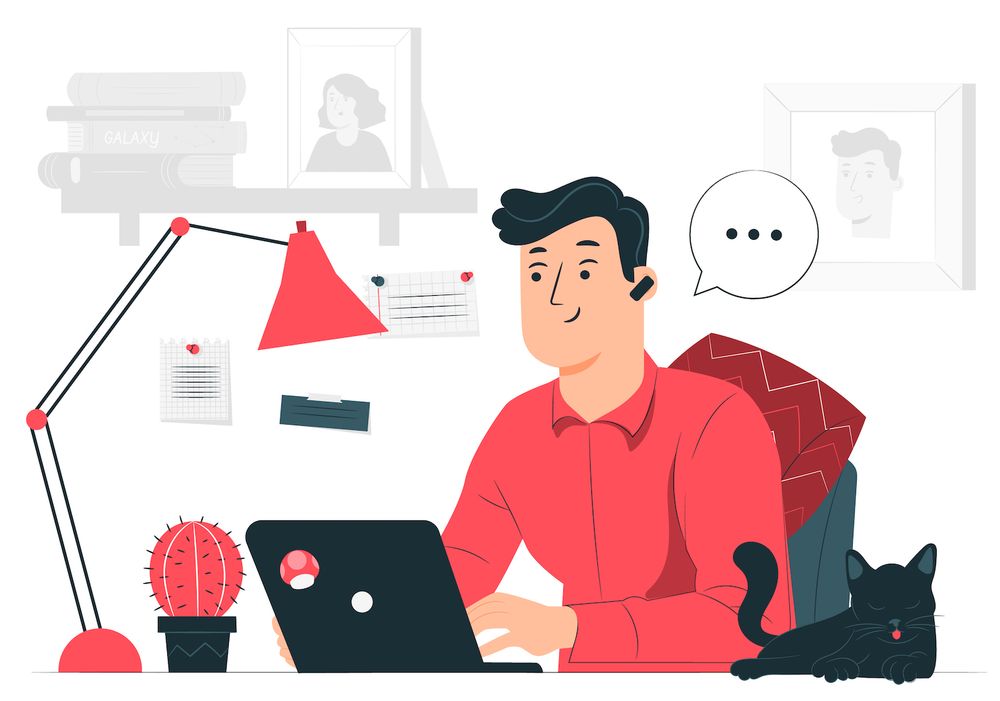Terms

"JoClub is the acronym for Journaling Club, but also fits in with my name," Jo Franco begins. "When I started writing, I was aware of these large feelings. I also had siblings older than me who did not want to hear about that. So I would write."
"I grew up undocumented and in a state of hiding, talking Portuguese as well as learning English and stumbling through," she recalled. "I learned a bunch of different languages as I was always awed by being recognized. In the meantime, I was misunderstood because I was one of the few kids. I looked different to everybody else. I was the smallest kid therefore I had this quiet tone of voice and quiet persona.
"Of course, it's easy for me to say in hindsight now this is what happened However, for the time there was a constant ache of wondering 'Why do I feel misunderstood I'm not understood?', and we all go through this."
Happily, Jo had the tool of writing: "I had a more compassionate relationship with myself, just observing without judgment. I wrote about all this negative things, yet I'm aware that good things occurred throughout my life. I started to tweak the things I wrote, but weirdly reverse engineering the way I look at things, because I wanted to read positive stuff. I had to look for positive aspects to find positive things for writing about. I became a more positive person. The tool helped me to be more positive."
Making sense of the situation
When she attended college at the University of Manhattan, Jo was overwhelmed by the number of voices she competed with. But she found much-needed space in her journal. "It was no matter whether I was living in the States or in Europe I was able to use this device that enabled me to return home to my own self.

"My "why" is to give those around me the same belief that "You're gonna be okay no matter how bleak the circumstances can be. In addition, you can support yourself emotionalally, it's also also beautiful to record your experience as, in writing about it you can show a tiny gesture of gratitude for the fact that it was happening in the first place. It's always easy to fit into your personal space and within your own thoughts."
"There's science that backs this," she continues. "There are clinical trials of recording gratitude as a method of medical treatment. The people who write their gratitude down and gratitude will be more satisfied."
"Give your mind a break. Take the weight from your head and put it down on paper. When you write about unpleasant issues, you grant you a distance that allows the reader to analyze it using an empathetic reaction. The emotions can make us insane. They're the source of all things; they are at the core of confidence, at the root of charisma, in the genesis of walking into a room and being able to attract goodness."
"Maybe it's a member"
Jo definitely had many positive things until the year 2020. Thanks to her YouTube channel that had more than a million subscribers she received money to travel. "I was living this exciting, private life but behind the scenes, I was writing. That was my essence: what was really me was journaling."
In January of 2020 she was offered an Netflix task as host of The World's Most Amazing Vacation Rentals. "It took me off of YouTube and into the traditional way of broadcasting. If anybody's ever been on a production setting, they've realized that the days are long. They're 16-hour days and it's a lot of 'Hurry up and wait'. You're ready to go: makeup, hair all done. You have your lines to draw in your mind, and then you're thinking, "No I'm not kidding you're supposed to take a pause""

When she would pause often lasting for long periods, Jo would write. "Writing was a passion for me so I had a desire to turn it into a business." When covid hit and the show ended the main source of income stopped.
"I was nervous, just like everybody else. I decided to share photos from my journals. It was 100 days later, I had journaled to the world via Instagram Stories. I decided, 'Hey, maybe this is an opportunity to join a club' people would pay to be in a virtual room with me and be journaling in a group. That's the way JoClub began. That was almost four years ago. That is crazy!"
In the Netflix series, Jo realized that journaling was the lens by which she observed the world. "It was deeper than just the act of a pastime. If you're on the road for two days, you're really tired. You find yourself doing something completely unrelated with the things you're being to be paid.

"You realise, this is how I make sense of this world. This is a lifestyle. This was clear to me that if I removed myself from everything else, the one thing they cannot take away from me is writing. It was crucial for me to bake that into my next chapter in my career."
Creating something bigger than herself
Jo threw herself into her project. "I posted 3 videos every week, in three languages. I needed to recruit individuals, and then fire them. I was able to learn how creating a content machine."
However, something had to be changed. "I wanted to not be working. If you're exhausted or worn out, which is common among creators and you're exhausted, you'll never succeed in making money. I've realized that if this is an occupation I'm planning to keep for decades to come I'll need to figure out ways to keep my face from some of opportunities to earn money."
Jo wanted to create something bigger than herself. The journaling club started at the beginning of Zoom: "The membership started at $19 a month and included a monthly live phone call and I would send daily journal prompts to everybody's mailbox."

She envisioned a curatorial experience that was similar to a yoga class. Two questions, followed by a discussion, then another prompt, and finally breakout rooms. "It became IP (intellectual property)," she recalls. "After the period of six months I asked me, could I teach facilitators on how to conduct these events? Actually, could these facilitators benefit JoClub in ways I never had the chance to? They wanted to "extract the goodness" as well as work with facilitators who were former members of JoClub, to design the art journaling form and a "bring your own song' contest for young musicians as well as other similar activities.
"Now we have six plus sessions every month and I'm hosting the number of sessions I'd like," she continues. "Beautiful aspects that I would never imagine happening began to happen: I host retreats and I ran a pilot program at a university and we're developing different problems. I could not have done it if I kept it as Jo Franco's community and me as the leader."
Culture and community
"An interesting thing about joining a club is that you build the culture" Jo says. "If somebody's paying for a membership you're inviting them into your home. Then it's your choice to decorate the house in the way you want." Jo and her team have been looking for methods to make more interactive discussions so "people are talking in the areas of the community, and they're feeling like they're getting the value for their money."

"It's the difference between an audience and a member," she adds. "An audience will engage with whatever you are creating, but it's not a dialogue. If I post a video and people comment on it, I'll respond however, with a group which I'm curating, I'm part of the structure of the community when they join the community."
Jo is thinking a lot about the onboarding sequence and the way to handle the newcomers. "How do we mitigate that individual who enters a room feeling like they don't know anybody? The moment you begin to get into the curating of culture, which is the reason members remain for a long time."
She is aware that this isn't an easy task. "It's something must be a passion about to continue to improve as a membership a living thing. If you do not pay attention to what's happening then you'll be losing all your members."
It's evident that Jo has incorporated the compassion and self-awareness that she has gained through journals into the manner she handles her membership. She believes that journaling can help you become aware of yourself. not taught in school: "We're not given tools for processing emotion. It's possible to help yourself from sinking. It was difficult for me to comprehend these benefits. This was a fun leisure activity. As I grew older I came to realize, "Damn, I've been hiding my secrets'!"

If people inquire about 'Jo, you're only 30years old, What did you accomplish through everything? I wrote it down and it all worked out." she laughs.
More information
To learn more details about Jo Franco and to become an active part of JoClub, visit, go on joclub.world.
